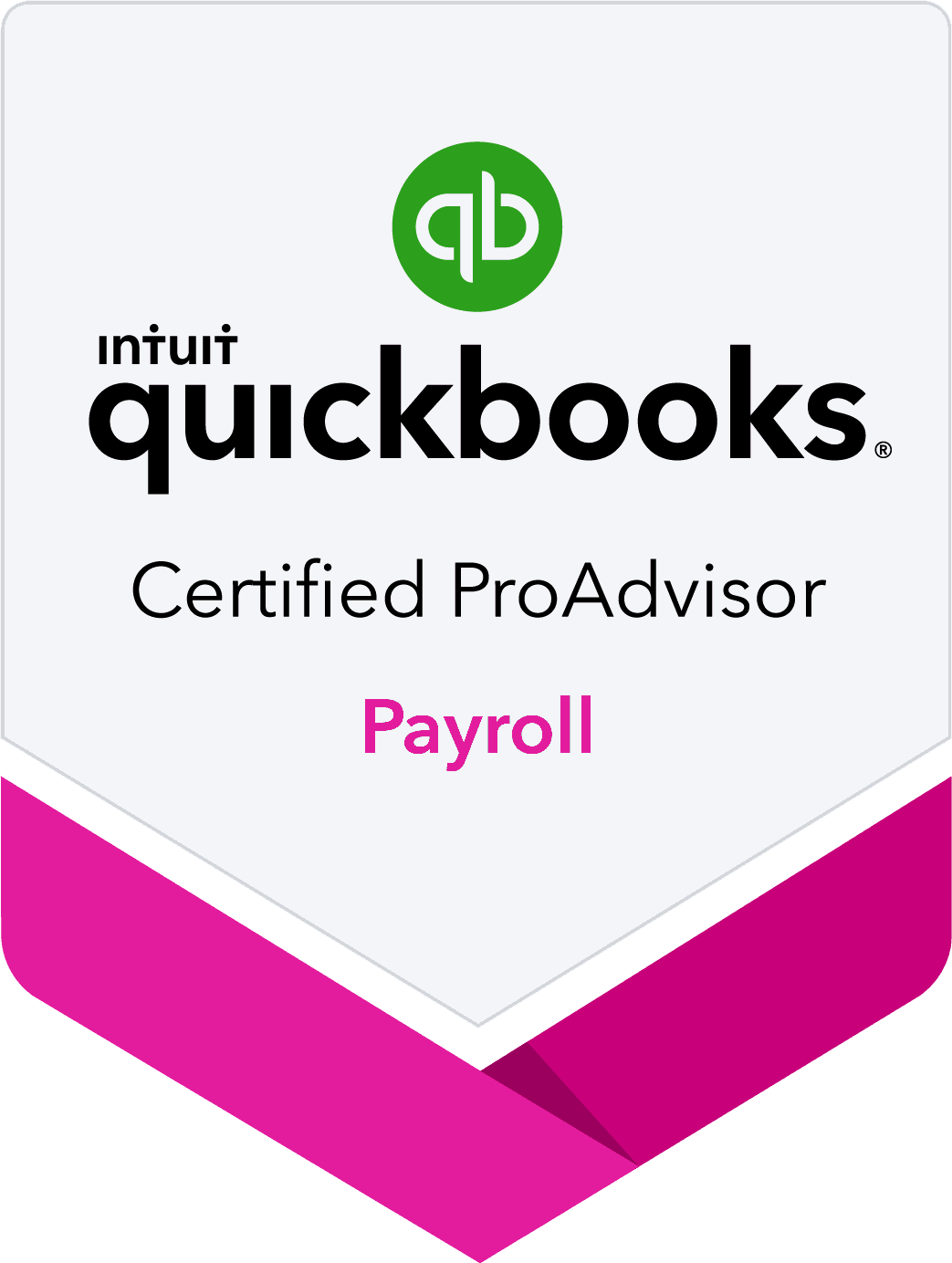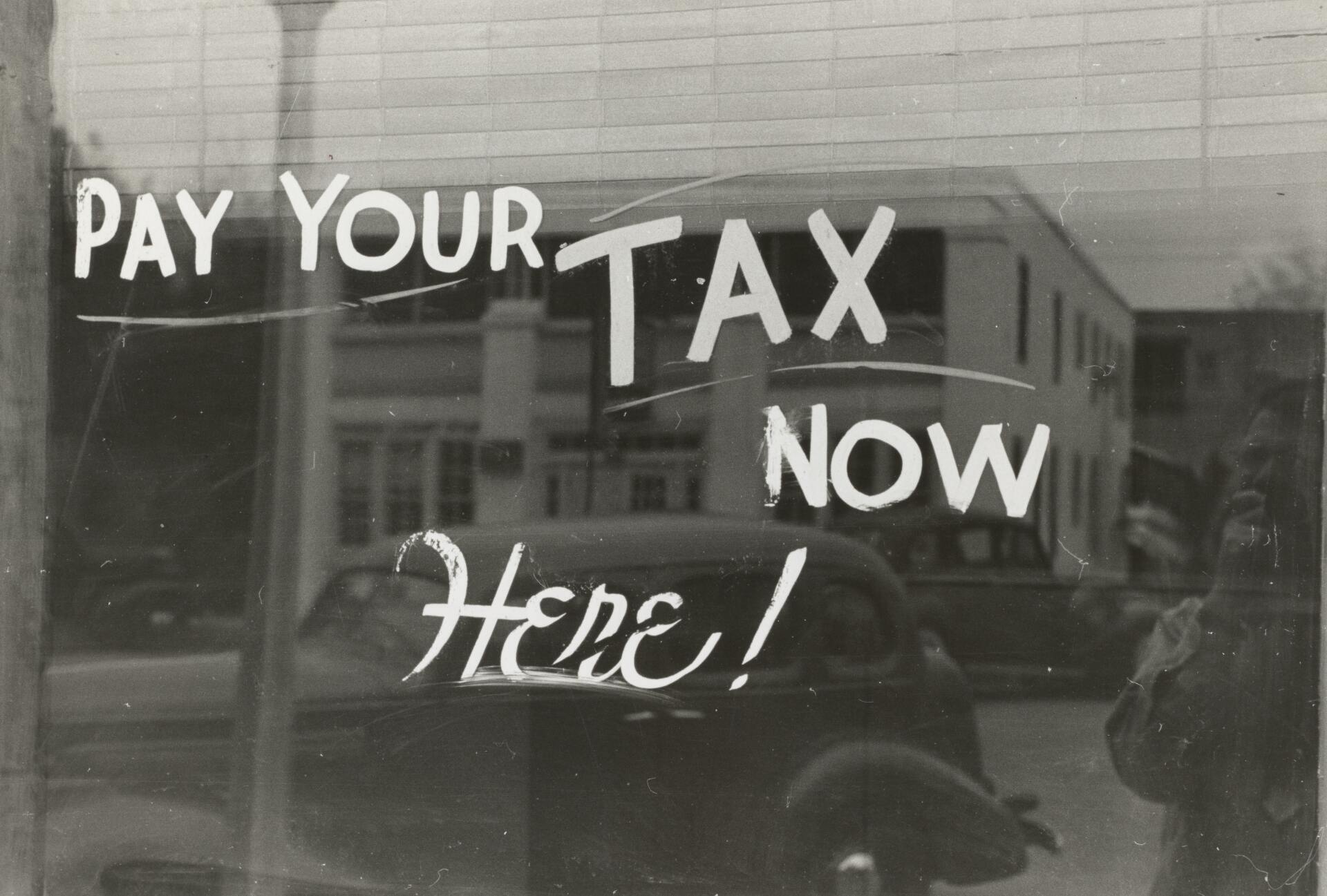Tax season is also busy season for savvy criminals. Scammers impersonating the IRS either over-the-phone, by email or in-person can steal money from people. All taxpayers should stay vigilant against these schemes. Here are some tips to help people recognize and avoid tax-related scams.
The IRS generally first mails a bill to a taxpayer who owes taxes. There are specific ways to pay taxes. The agency and its authorized private collection agencies will not:
• Leave pre-recorded, urgent, or threatening messages on an answering system.
• Threaten to immediately bring in local police or other law enforcement groups to arrest the taxpayer for not paying, deport them or revoke their licenses.
• Call to demand immediate payment with a prepaid debit card, gift card or wire transfer.
• Ask for checks to third parties.
• Demand payment without giving the taxpayer an opportunity to question or appeal the amount owed.
Criminals can fake or spoof caller ID numbers to appear to be anywhere in the country. Scammers can even spoof an IRS office phone number or the numbers of various local, state, federal or tribal government agencies.
If a taxpayer receives an IRS or Treasury-related phone call, but doesn't owe taxes and has no reason to think they do, they should:
• Not give out any information. Hang up immediately.
• Contact the Treasury Inspector General for Tax Administration to report the IRS impersonation scam call.
• Report the caller ID and callback number to the IRS by sending it to phishing@irs.gov. The subject line should include "IRS Phone Scam."
• Report the call to the Federal Trade Commission.
Don't hesitate to call us for a FREE consultation!
Office #: [407] 601-3157
Office Hours: Monday thru Friday, from 9 A. M. to 5 P. M.






